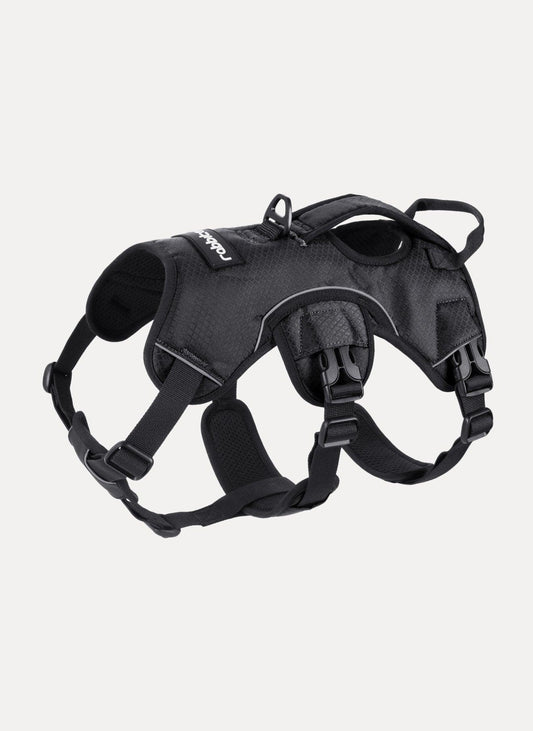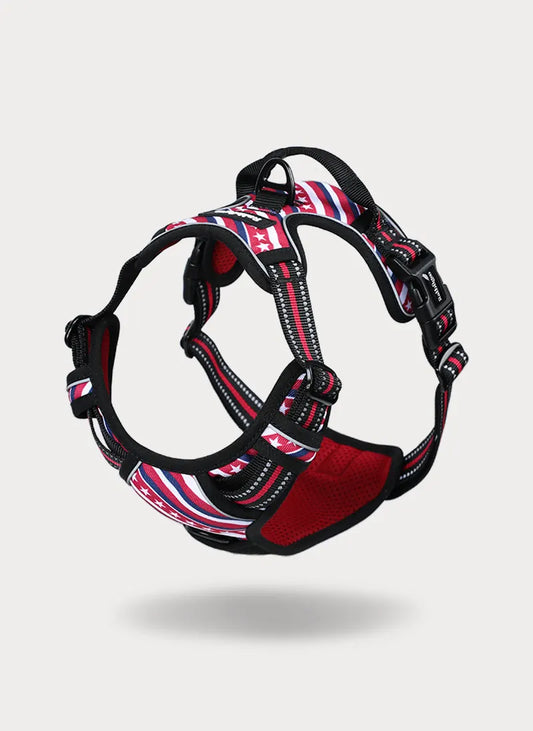6 Tips for Caring Long-haired Cats
How to care for a long-haired cat?
Brushing
Although cats are naturally excellent groomers, long-haired cats usually need a little more help from a brush to keep their silky coats in condition. Frequent brushing and combing will help your cat's coat seem lustrous. It will help to distribute natural oils and prevent tangles or matting from forming in its fur.
In addition to preventing more hairs from splattering on your clothes and furniture, brushing your cat can help eliminate hairballs. While you help your cat untangle their fur, take a brush or comb and settle in on the couch to create a soothing atmosphere. Early brushing might aid in forming a positive association with the encounter. Besides,
- Brush your cat daily to prevent tangles and mats.
- Useawide-tooth combtogently detangle any knots.
- Follow with a slicker brush to remove loose fur and further prevent matting.
- Finish with a fine-tooth comb to smooth the coat.
Cleanliness
You may need to help your cat remove litter residues off its backside. To clean the region, moisten a cotton cloth with warm water and gently wipe away dirt. Long-haired cats dislike the sensation of litter adhering to their behind, so they may choose to defecate somewhere other than their litter box.
Use a cat harness
Getting your long-haired cat a harness can help them stay safe and in control while giving them more outdoor activities and exercise. Choosing the right harness for your cat's safety and happiness is crucial. You should look for a harness made just for cats, as they differ from those for dogs. Harnesses come in various styles, such as H-style, vest-style, and figure-eight. For cats with long hair, vest-style harnesses are often better because they spread the pressure more evenly and keep the fur from getting tangled. Makesure the belt fits well without being too tight.
It should be tight enough that your cat can't get out but not so tight that it gets in the way of breathing or moving. Most collars can be changed to fit people of different sizes. If you are searching for a perfect harness for your cat, you may try Rabbitgoo Escape Proof Cat Harness and Leash Set.
You can let your cat feel and play with the harness without putting it on. You can put it near where they like to rest or put treats on top of it to make them think of good things. Once your cat is used to the harness, put it on slowly without securing it. For a few minutes, let your cat wear it loosely. As they get used to it, slowly lengthen the time they wear it. For your cat's health and well-being, harness walks are very important because they give them exercise and mental excitement.
Do an in-depthskin check
Check your cat's skin as carefully as possible when you clean it, especially after you bathe and dry it off. Small bald spots, lumps, abscesses, punctures, ticks, and other skin problems are hard to see through that long, thick hair. Using a blow dryer after a bath could help move their fur around and check their skin more thoroughly. This will depend on whether or not your cat can handle the noise and shaking of the blow dryer. Checking their skin carefully will help you spot possible problems, even if you can only brush them occasionally without the help of a groomer. This is especially important if you let your cat go outside, even if they are on a leash. Even if you think your yard is clean and free of bugs and other nasty things, your cat can still pick them up.
Help your cat to relax
A relaxed cat is less likely to develop behavioral problems and more likely to cooperate during grooming sessions, making it essential to create a soothing environment for your long-haired companion. A cozy cat bed is a crucial component in helping your cat to relax. Like all cats, long-haired cats appreciate having a dedicated space to which they can retreat for some peace and quiet. A good cat bed provides warmth, comfort, and security. Ensure the bed is large enough for your cat to stretch out comfortably. Long-haired cats shed more, so choose a soft cuddler bed.
A cat tree is another fantastic way to help your long-haired cat relax and stay active. Climbing and jumping are great forms of exercise, helping to keep your cat physically fit and mentally stimulated. Many cat trees include scratching posts, essential for your cat's claw maintenance and territorial marking. Elevated platforms give your cat a vantage point to survey their environment, which can be soothing and reduce anxiety. When choosing a cat tree, consider one with multiple levels, sturdy construction, and soft, durable materials. Place the cat tree condo in an area where your cat spends a lot of time, preferably near a window, to combine relaxation with visual stimulation from the outside world.
Visit Your Vet
Conclusion
You have to be enthusiastic when performing long haired cat care. They must be groomed regularly and fed nutritious food, and their overall health and well-being must be monitored. Brushing regularly helps to avoid matting and shedding, keeping your cat happy and your environment cleaner.
A balanced diet suited to your cat's specific needs will help to improve coat health and decrease hairballs. It is also critical to monitor your cat's skin condition and handle any abnormalities, such as fleas or irritations, as they arise. Regular veterinary check-ups ensure that any potential health issues are identified early.










1 comment
Thank you for the helpful information